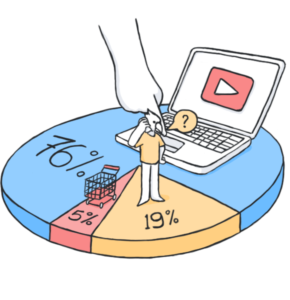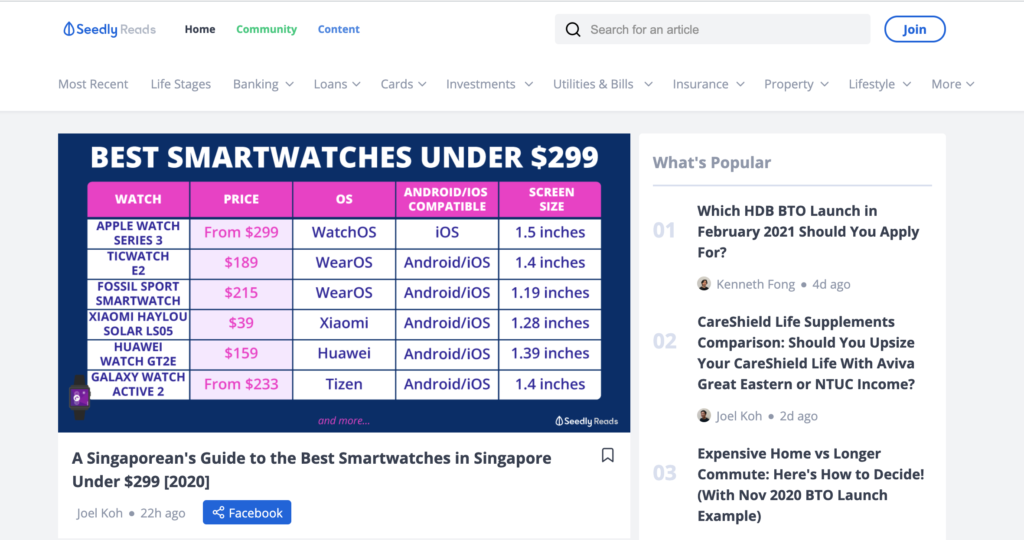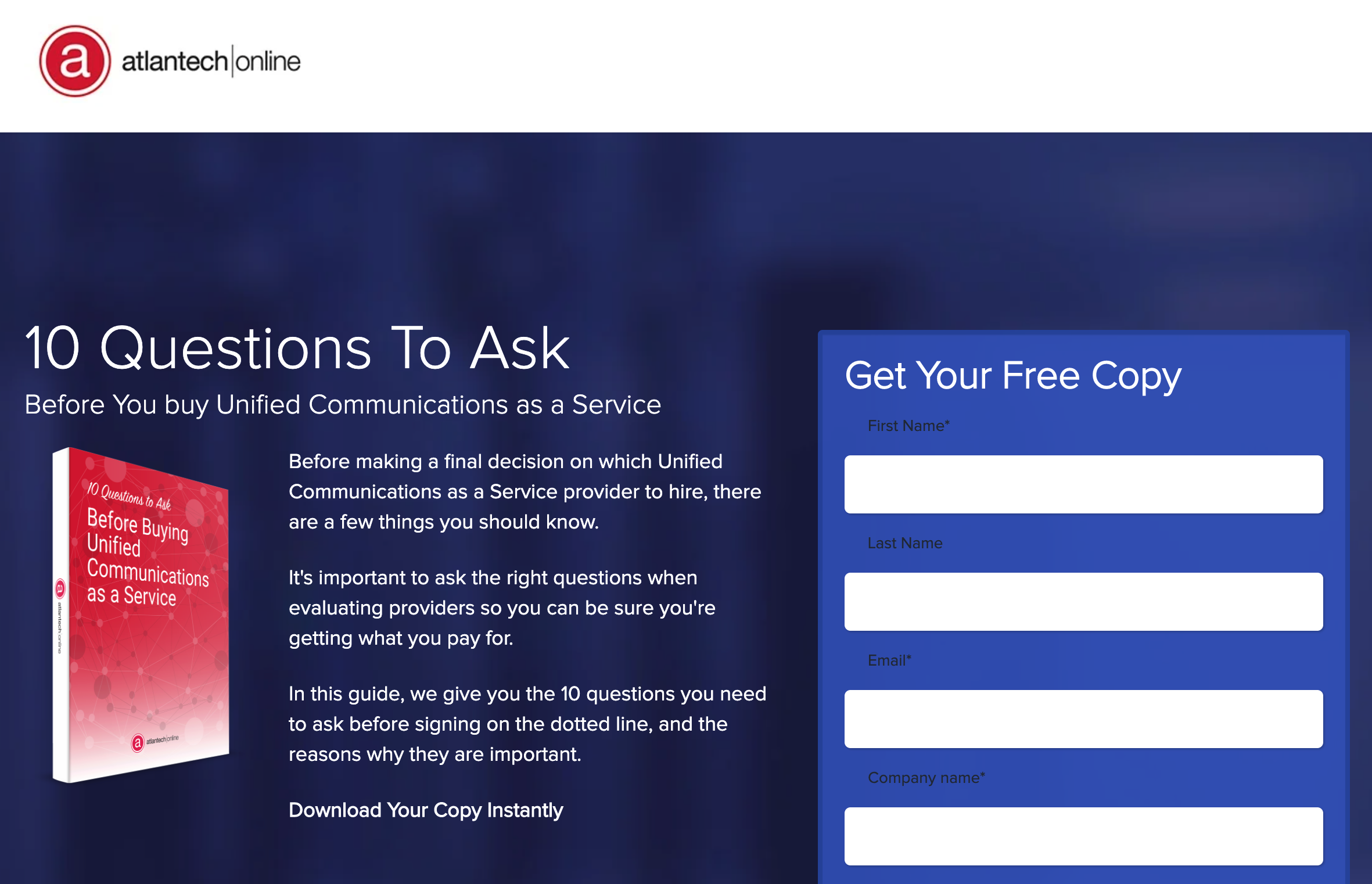Those who succeed will propel the Internet forward as a marketplace of ideas, experiences, and products – a marketplace of content. – Bill Gates
In Bill Gates’ essay from 1996, where the phrase “content is king” was popularised, the idea of content as the propelling force of the internet was front and center. He argued that like the TV and broadcasting industries, “long term winners are those who know … [how] to deliver information and entertainment.” Keep in mind the definition of content per Gates’ comment also includes codes and software. In our context, we are referring to text, video and audio formats.
Fast forward about 20+ years later, content truly is what breeds and feeds the biggest unicorns of the world. Some of the largest companies in the world right now rely exclusively on content to grow:
- Facebook rely on user-generated content to engage their users
- Instagram focuses on beautiful photos and videos that inspire people
- Tiktok helps people generate fun and interactive short form videos
- Google organises content on the internet and makes it easy to search for them
- Netflix aggregates and create films and series on one platform
What is interesting about the companies sampled above is that they have built impressive technologies, but that’s not what people go to them for. Of course technology matters, but ultimately, people flock to these platforms for their content – user-generated or otherwise.
Do not be surprised, then, if we say that 76% of the time we spent online is to consume content, whether it’s through social media, gaming, research, reading, etc. We spend around 19% of our time creating content and communicating. The remaining 5% is to consume physical goods (aka shopping!).
The majority of content we consume is still limited to visual and aural right now. But with the advent of higher speed internet (ushered by 5G), we can expect to consume new content formats. Sony, through its Playstation consoles, already incorporated tactile feedback to its gaming content for years now. Oculus is at the forefront of bringing highly immersive experiences that engages not just your eyes and ears, but your entire body.
If an OLED TV can make reality look pale in comparison, imagine a new content world powered by hardware that can deliver better-than-life physical experiences. Technology enables many of these delivery mechanisms, but content is still what makes these technologies worth consuming.
Why does your business need great content?
Content is already shaping the physical world around us. It does not require a huge leap of faith to believe that content can be used to shape ideologies, mindsets, and behaviours. Just look at how social media affected the 2016 US election and De Beer’s “diamonds are forever” campaign that changed how people viewed compressed carbons. Any tools that influence people are tools that can also influence top and bottom lines.
De Beer’s “A Diamond is Forever” ad. [Source: Forevermark]
For businesses, content is how you build trust with your customers. Just like in any relationship, you want to have someone that adds value to your life: teaches you something, entertains you, and helps you achieve your goals. Similarly when you are engaging with your audience, you want to provide them with content that helps them with either one, or all of the above.
Of course your goal is ultimately to sell your products or services to these audiences. But consumers are super savvy nowadays. They take their time to research their purchase before finalising their decisions.
Build credibility by adding value to your customers early
Gartner found that buyers experienced more complex purchase journeys. 77% of B2B buyers considered their last purchase to be a difficult process. However, it seems like when vendors finally make contact with buyers, 57% of buyers are already midway through their purchasing process. That is lost opportunity in educating, guiding, and building trust with your potential customers.
The good news is that people spend a lot more time researching up front before a purchase. GE Research found that 81% of customers extensively research pricing, reviews, and competitor products online before making a purchase of more than $500. To add to that, these savvy shoppers spend a whopping 79 days on average gathering information before committing to a purchase. That is a lot of content to consume before they are convinced by your product.
If you are not producing relevant content for your customers during this stage of their journey, you are missing out on a lot of opportunities to build good will, establish thought leadership, and become a top-of-mind brand.
If you are working in a B2B business, your customers are even more prudent. Focus Vision found that B2B buyers consume 13 pieces of content over 2 – 6 weeks before a purchase happens. That means having relevant content that helps people make these decisions are extremely important.
Grow your audience
The co-founder of Buffer, Leo Wiedrich, attributes their first 100,000 users to their content marketing strategy. In their early days, the company, or more specifically the co-founder, wrote up to 150 guest blog posts just to create enough content out there to get their name out there. By doing this, not only does Buffer create relevant content for their captive audience, they are also capturing the attention of the blog followers they are guest writing for.
… content marketing has been the most vital thing for us. Actually up until the past 2 months, content marketing accounted for over 70% of our daily signups. ~ Leo Wiedrich, Co-founder of Buffer [source: Sparringmind]
By producing consistent content, you are more likely to grow a follower base too. Seedly, a personal finance app in Singapore, built a strong audience in the garden city by consistently creating content to help people save and become more financially-independent. The blog was so successful that the forum section of the website became a go-to place for community members to discuss and share their knowledge about finance. In two years, Seedly grew its monthly blog traffic to 1.100,000 visits, representing 85% of their total website traffic. That is incredible for a market like Singapore with a population of 5.7 million people.
Seedly – Singapore’s largest personal finance platform [Source: Seedly website]
“As we churned out content over time, we found that as our readership went up, the app installs naturally went up as well,” – Ming Feng, Head of Content at Seedly [Source: With Content]
Of course you need a great product to back your marketing up, but the results are indisputable: content does drive engagement and help you build your brand. And these days, customers seem to be even more willing to invest time to learn about a brand.
Qualify leads and shorten sales cycle
Not all customers are created equal. Customers may share the same problems, but might not share the same preference towards a product. Lush plays in a very competitive beauty industry and produces products that virtually solves the same problems as many other cosmetics companies. Lush differentiates itself from others by focusing on creating products that are natural and cruelty-free.
Its content strategy is also highly focused on communicating messages about the brand’s ethics and promise. Lush leverages its loyal customer base who is passionate about the brand’s vision to generate content that helps others with similar interests discover the brand. By seeing such strong brand advocacy from their peer groups, potential customers are more likely to speed up their purchasing process.
In B2B businesses this is even more prominent. Cost of acquisition tends to be quite high because the B2B sales process is often long, complex, and requires a high touch approach. Identifying the right potential customers to spend these sales efforts on is key to help lower cost of acquisition.
Atlantech Online using thought leadership content to collect qualified leads
Atlantech Online, a data provider based in Washington, managed to increase the number of qualified leads by 355% by collecting qualified emails from leads that are interested in their whitepapers and blogs. However, these are not just any educational content. They are designed to attract leads that are likely to need the specific solutions offered by Atlantech Online. By identifying the right leads early on using a passive approach such as content, the company is able to not only build more relevant leads, but also expedite the closing process.
Content marketing remains one of the most important strategies in growing your business. The formats might vary and continue to evolve as new technologies and platforms become more widespread. However, their relevance remains as consumers become more savvy and spend more time educating themselves. In a world that is inundated by infinitely scrolling content, it is even more important to spend time generating quality content that will get noticed and not skimmed.




 … content marketing has been the most vital thing for us. Actually up until the past 2 months, content marketing accounted for over 70% of our daily signups. ~ Leo Wiedrich, Co-founder of Buffer [source:
… content marketing has been the most vital thing for us. Actually up until the past 2 months, content marketing accounted for over 70% of our daily signups. ~ Leo Wiedrich, Co-founder of Buffer [source: 




